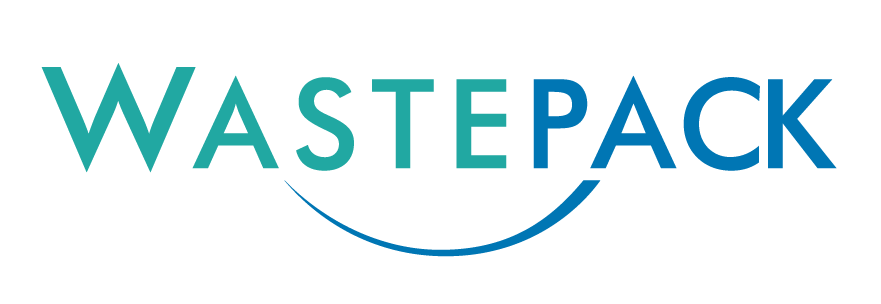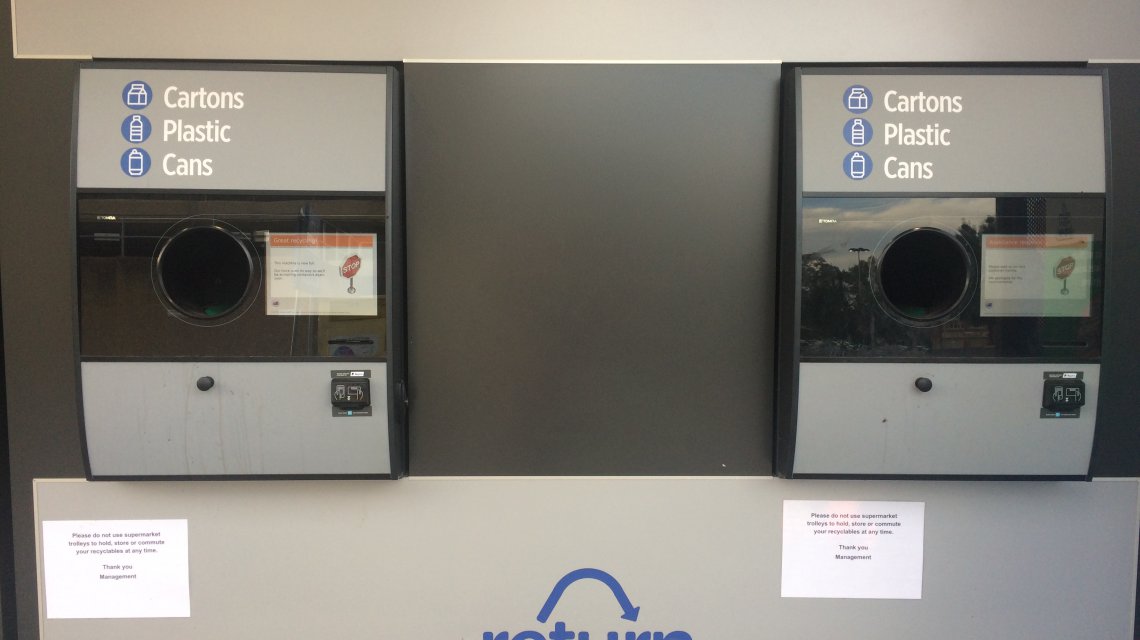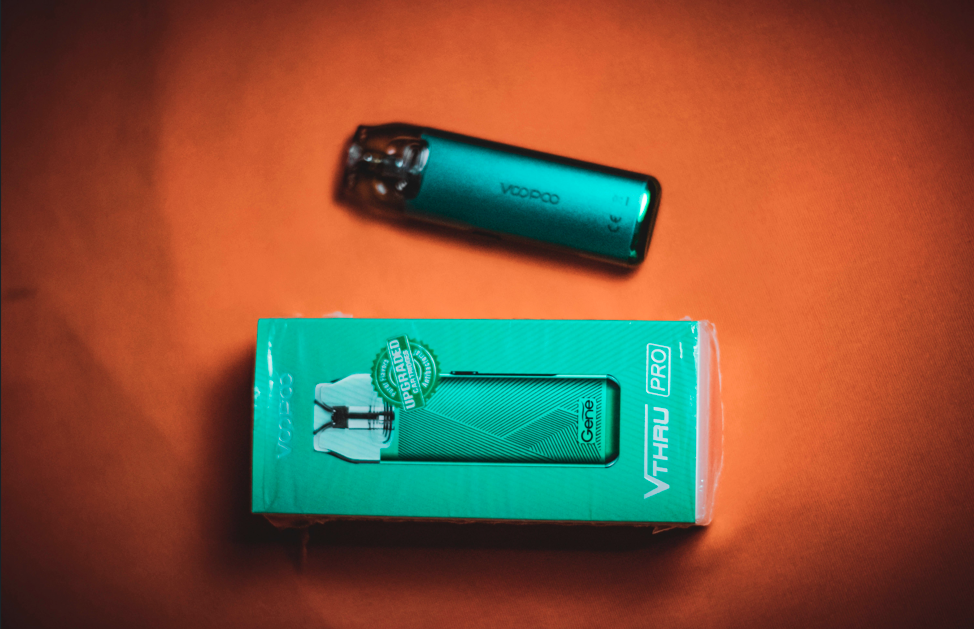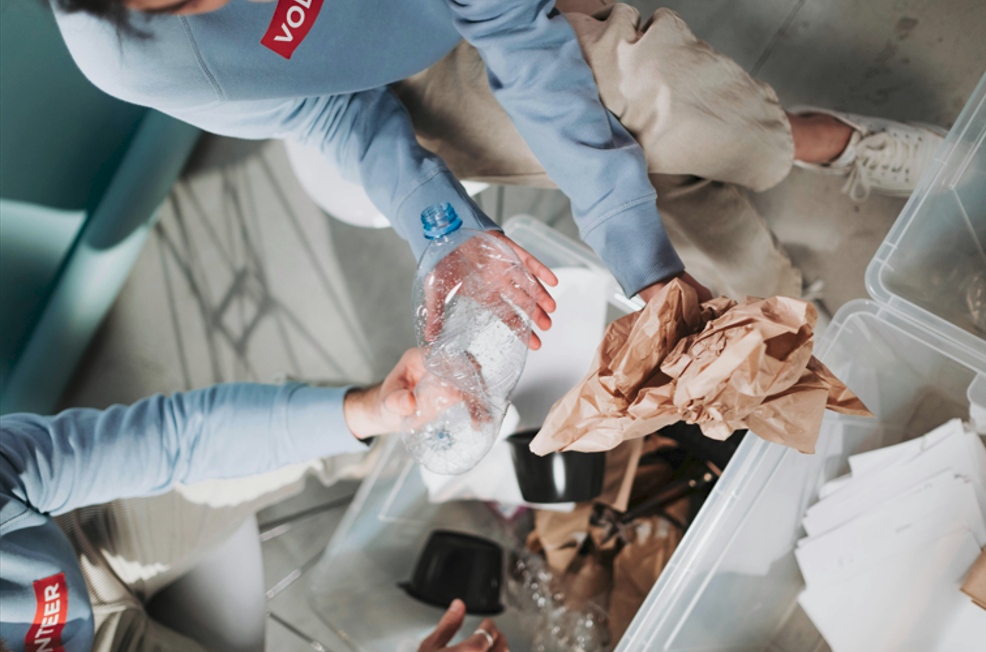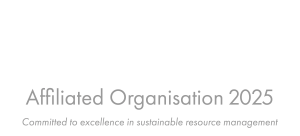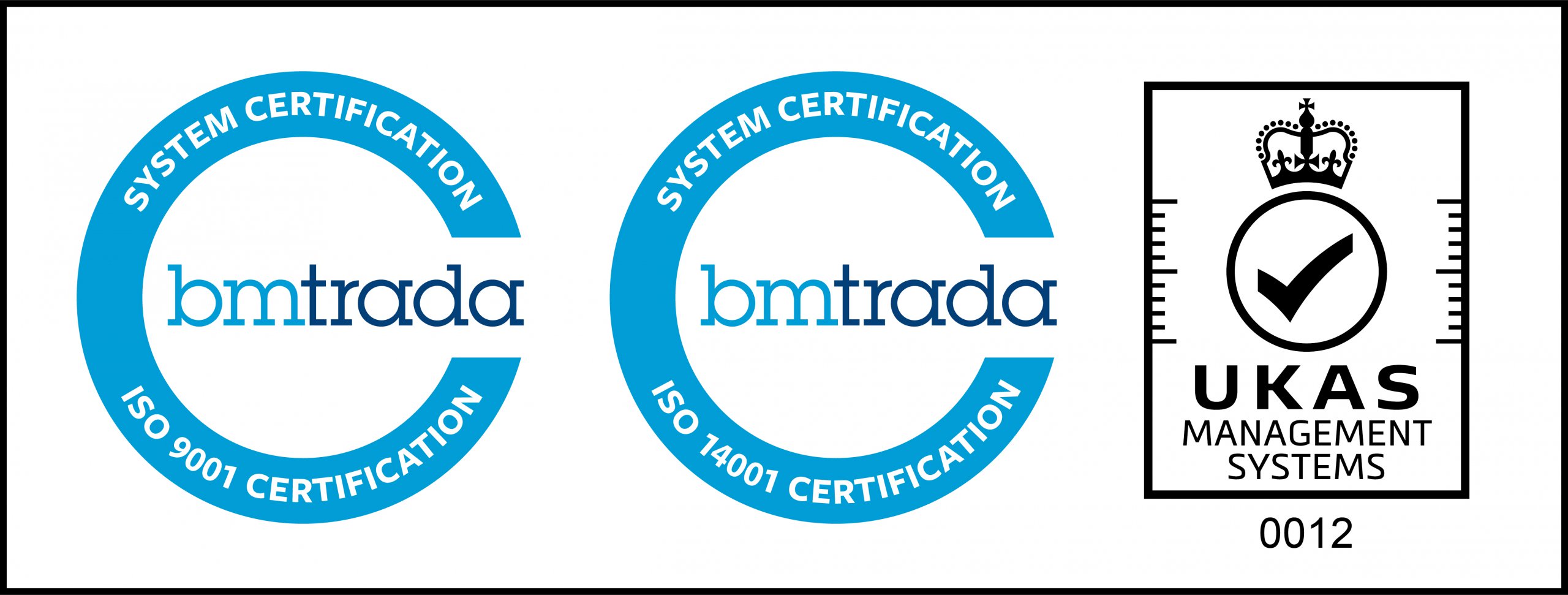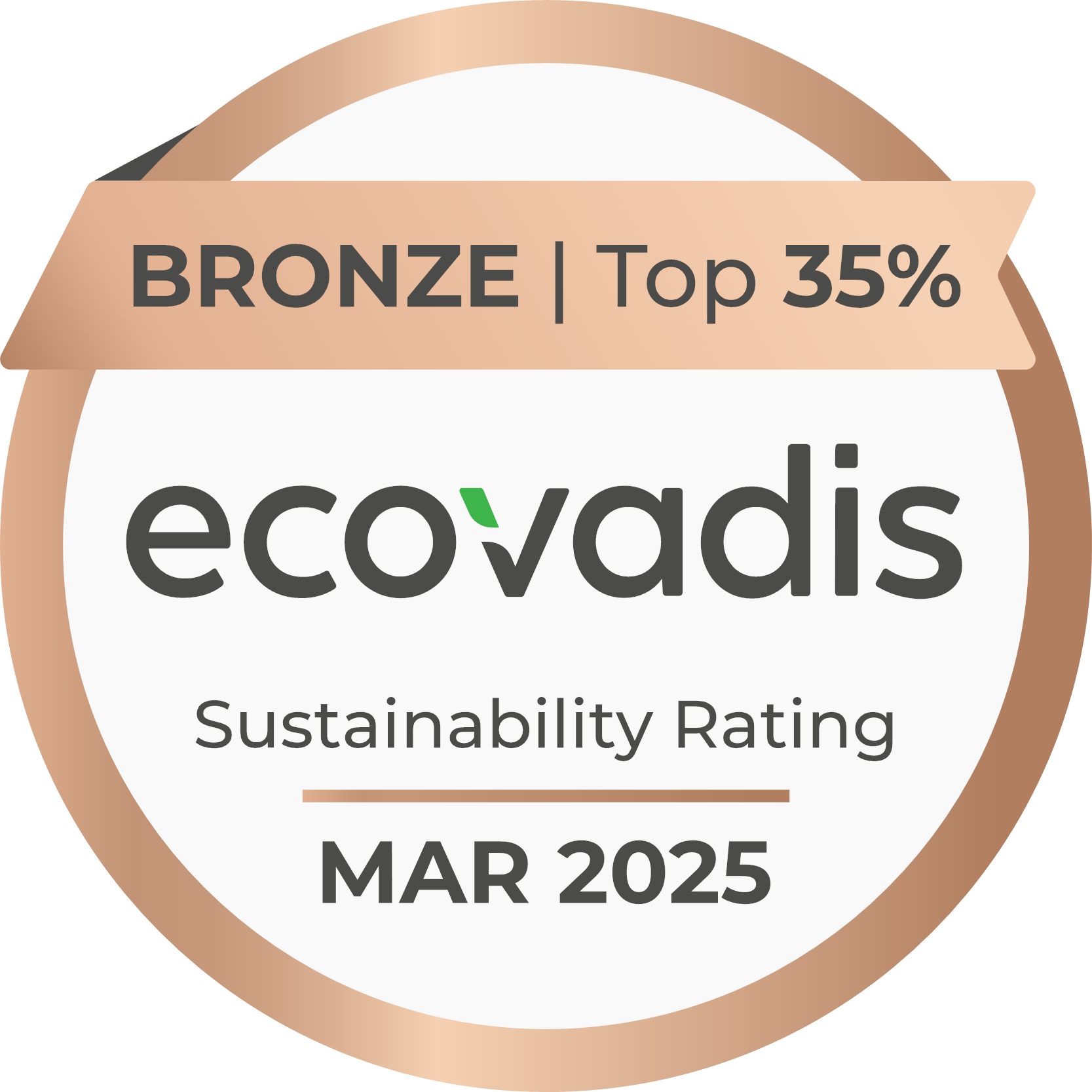Deposit Return Schemes (DRS) operate in many countries such as Sweden and Australia and are used to increase recycling rates of drinks containers which in turn encourages people to do more recycling. They work by charging consumers a small deposit on each container at the point of sale, the consumer then gets the deposit back when they return the drinks container for recycling.
There are different types of DRS models, the majority only collect a certain size of container. Some versions only collect ‘on-the-go’ drinks containers under 750ml (and exclude multipacks), while others are ‘all-in’ and collect all drinks containers up to 3l in size. The types of material that are collected can also differ from system to system.
Defra first announced their intentions to introduce a Deposit Return Scheme (DRS) for drinks containers in England, Wales and Northern Ireland in their Resources and Waste Strategy published in 2018. Since then, we have seen two consultations on the topic, the second being in a post-Covid context.
While Scotland is moving forward with plans for a Scottish DRS system which starts in August 2023, in late 2022 Defra published the response to the Extended Producer Responsibility (EPR) for Packaging consultation which briefly covered some key aspects of DRS expectation. This included highlighting the differences between materials covered in the scheme proposals for England and Northern Ireland, when compared to the Welsh proposals.
The long-awaited Government response to the 2021 consultation was published on 20th January 2023 (view this here).
The response confirmed that DRS will be implemented in England, Wales and Northern Ireland in October 2025, two years after Scotland’s scheme begins.
Who’s Affected?
Brand owners, manufacturers, importers, or retailers of prefilled drinks placed on the market in England, Wales or Northern Ireland will have some kind of responsibility under DRS. Producer (brand owners, manufacturers, and importers of prefilled drinks containers) obligations include placing the deposit on the container when it is sold and paying a producer registration fee to the Deposit Management Organisation (DMO).
Retailers of prefilled drinks are those that sell directly to a consumer. They will be required to add the deposit value to the price, ensure pricing clearly displays the price of the in-scope container and the deposit attached. The retailer will also be required to operate a return point; the regulations will leave it open for the retailer to decide how the return is accepted (via manual takeback or reverse vending machine). There are some exemptions from hosting a return point which will be of particular relevance to smaller retailers where hosting a return point may not be practicable.
Scope of DRS
The response stated that the England, Wales, and Northern Ireland schemes will be ‘all-in’ meaning all drinks containers up to 3l in size will be captured by the DRS. It also confirmed that drinks containers made from Polyethylene terephthalate (PET) plastic, steel and aluminium will be in scope; the Welsh scheme will include glass as well. In England and Northern Ireland glass drinks containers will be covered by Extended Producer Responsibility (EPR) for packaging, which will see recycling targets set by Government that producers will be required to meet.
Deposit Management Organisation (DMO)
The DMO(s) will be an independent, not for profit, and private organisation, appointed through an application process set out in the regulations. It will be responsible for the overall management of the schemes as well as meeting collection targets on behalf of registered producers. It is expected to be established in spring 2024, and since government intend for the scheme to be industry-led, it will likely be made up of a consortium of retailers, producers, and wider industry.
Targets
According to the consultation response recycling rates in the UK for drinks containers are around 70%. Under DRS the collection target to be achieved within 3 years of the scheme operation is 90%. This is in line with the year-3 target in Scotland. The reporting period for collection targets will be based on calendar year and will be phased in at 70% in year 1, 80% in year 2, and 90% year 3 onwards.
The collection targets will be required to be met separately for each nation; therefore, the regulations will set out requirements for producers to report the number of drinks containers they sell by nation to the DMO.
The response stated that while legislation will outline a maximum deposit, the DMO will be responsible for setting the deposit level. This is to ensure the DMO have sufficient flexibility and controls required to support it meeting the collections targets.
Next Steps
Defra intend to manage the implementation of DRS in England, Wales and Northern Ireland in phases. They will work through development of the DRS legislation, engaging with industry and taking the necessary the steps to ensure the scheme will work in practice. The DMO will be appointed in the next stage and further phases will see the DMO set up and industry lead roll-out of the scheme.
